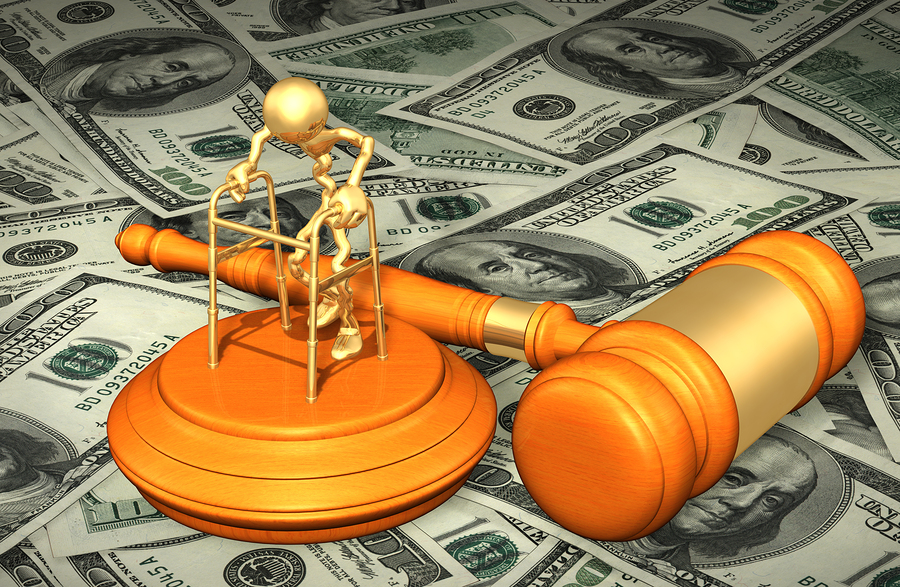What Is Your Personal Injury Case Really Worth?
 Michael Babboni
Personal Injury
If you’ve been hurt due to someone else’s negligence, you might choose to file a personal injury lawsuit against them. One of the first things that you might ask your personal injury lawyer in St. Petersburg is: how much compensation can I get for my injuries? Every case is unique, and values can vary from person to person. There are several factors, however, that can help determine the value in your case.
Michael Babboni
Personal Injury
If you’ve been hurt due to someone else’s negligence, you might choose to file a personal injury lawsuit against them. One of the first things that you might ask your personal injury lawyer in St. Petersburg is: how much compensation can I get for my injuries? Every case is unique, and values can vary from person to person. There are several factors, however, that can help determine the value in your case.Compensatory Damages In Personal Injury Cases
Most of the damages in a personal injury claim are considered to be compensatory. This means that they are intended to compensate the injured party for what they lost due to the accident or injury. Some compensatory damages are easier to quantify, while others are more difficult. The most common compensatory damages in a personal injury case include:
• Medical Bills – This includes any medical costs associated with the injury. It includes treatment received right after the injury as well as the estimated cost of future medical care for injuries received in the accident.
• Lost Wages – You are entitled to compensation for income that was lost due to the incident. This includes income that you would have made in the future if the accident had never occurred.
• Pain and Suffering – This is compensating for the pain and discomfort that the accident caused you both during and after the event. In more serious accidents, this can include mental and emotional distress such as fear, anxiety, and sleep loss.
• Loss of Consortium – Sometimes, the injuries sustained in an accident can have an impact on spousal relationships. This can cover any area where there is a loss of companionship, including an inability to maintain sexual relations.
Factors That Affect Your Multiplier
In the most common formulas to evaluate your personal injury claim, a multiplier is added to determine how much pain you suffered for the loss. The format is simple: the more pain you suffered, the higher the multiplier. Some factors that can help you calculate a higher multiplier include:
• A hard injury – broken bones, head injury, vertebrae injury, nerve damage
• Prescribed medication to treat the injury
• A long-term treatment and recovery period
• The majority of medical costs are for treatment
• Permanent injury – scars, stiffness, weakness, loss of mobility
• Physical or emotional distress
• Daily interruptions of life – missed vacations, canceled special events, missing school or training
Factors that can indicate a lower multiplier include:
• Soft tissue injuries – sprain, strain, bruise
• The majority of medical costs are for diagnosis rather than treatment
• No prescribed medication to treat the injury
• Short recovery time
• Brief medical treatments
• No permanent injury
• No physical or emotional problems other than the original injury
You Need Good Legal Representation
Personal injury cases in Florida can be detailed. The laws in Florida can be complex and restrictive. A good personal injury lawyer in St. Petersburg may have a good idea of what your case is worth, but will take the time to evaluate everything. They’ll look at all of the aspects that can affect your multiplier to ensure you get the full amount you deserve. Remember, a personal injury lawsuit is a one-time settlement, so it’s imperative to choose a personal injury lawyer in St. Petersburg that you can count on. With nearly 30 years in the business, our experience speaks for itself.
